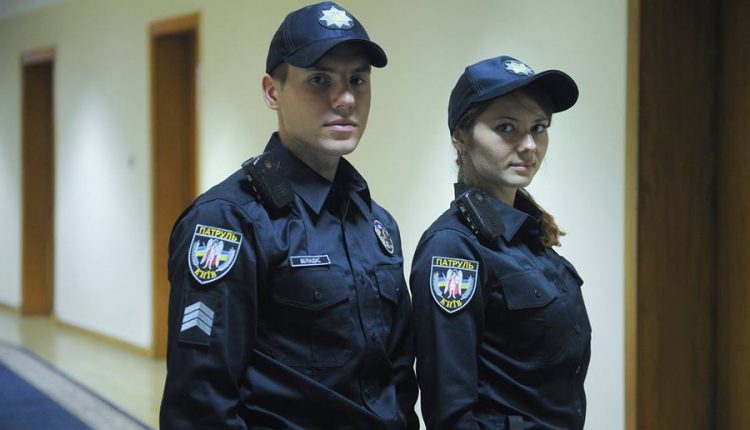Queer Home Vinnytsia taught how to communicate with the police
Human rights and citizen’s duties are that minimum of information that everyone needs to know in contact with law enforcement bodies. So lawyer Pavlo, Queer Home Vinnytsia volunteer, made training about this in community centre.
People often forget their rights in the moment of crisis and risk to found themselves in unpleasant or even dangerous situations. Having basic information about rules of communication with the police is necessary, especially minding that law enforcers often violate LGBT rights. The participants of the training were reminded of when and how long the police have rights to detain people, of rules of personal search and documents check.
The participants also shared their own experience telling of their communication with policemen, of detentions and their actions. Together with Pavlo they analyzed those situations and worked on general algorithm and action pattern in such cases. At the end of the training the volunteer had a quiz and the team that answered all the questions added free visit to pizza restaurant to the valuable knowledge obtained on the training.
“It’s important that this subject is of interest for the guests of Queer Home. All guys and girls were participating in the discussion actively, shared their opinions. No one was left cold with the issue of rights and duties and we discussed a lot of really important questions during the training,” told Andrii, Queer Home coordinator.
Sociology polls show that not all Ukrainians know of their rights as well as of rights and duties of policemen. Let’s recall some necessary points:
1. Attitude of a law enforcer is to be unbiased and unprejudiced. No exceptional circumstances or directions of the functionaries can guide any illegal actions or inactivity of the police (Article 5 of the Law on Police)
2. The police have right to check identity papers in case of suspicion of the offence (Article 11 of the Law on the Police). Also policemen must present themselves, show their official IDs and tell the reason for the check.
3. The police have right to detain and keep in special premises:
• Suspected offenders hiding from the investigation, convicted criminals evading their penalty – for a term and in order envisaged by the legislation;
• Administrative offenders for drawing up protocol or examination of a case on its merits if it can’t be done on the spot – up to three hours;
• People in a state of intoxication in public places if they were offending human dignity and public morals or couldn’t move by themselves or could do harm to themselves or to others – till passing them to the special medical institution or to the place of residence and in the absence thereof – till they are sober;
• People with the signs of pronounced psychological disability that creates real danger for them and for others – till passing them to the medical institutions but no longer than for 24 hours (Article 11 of the Law on the Police).
4. Personal search must be held in the presence of two witnesses, examination of personal possessions must be held in the presence of their owner (or two witnesses in case of his/her absence). The protocol must be completed upon personal search or examination of the personal possessions or the relevant entry must be made to the protocol of administrative offence or detention (Article 264 of the Code of Ukraine on Administrative Offences).
Автор: Gay Alliance Ukraine

